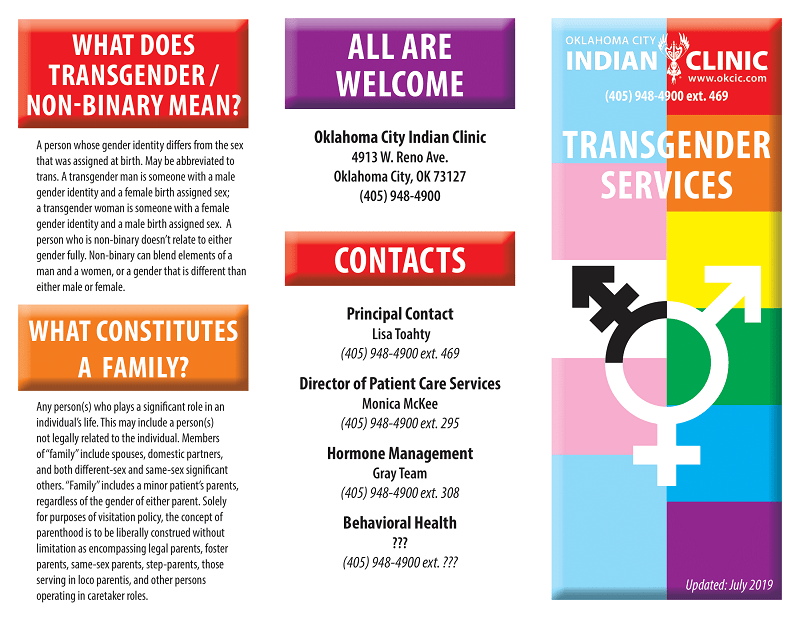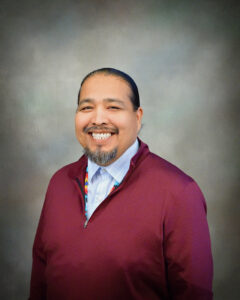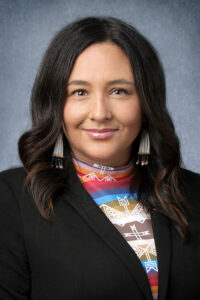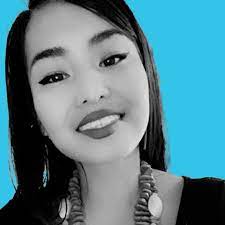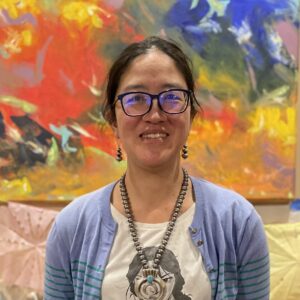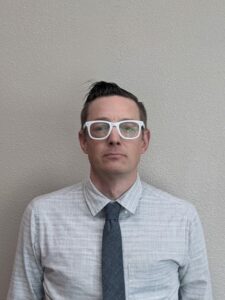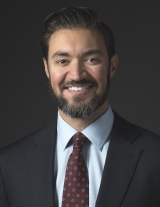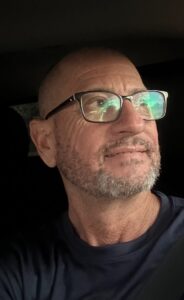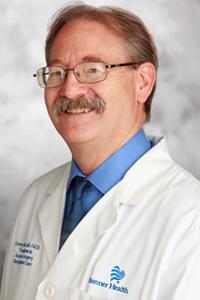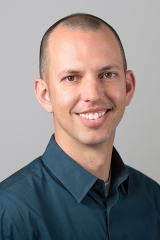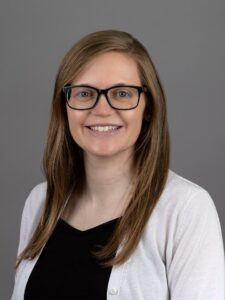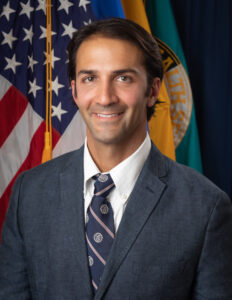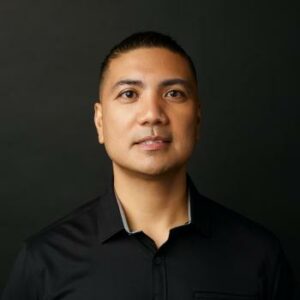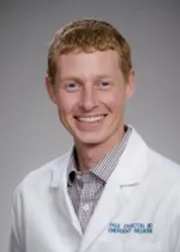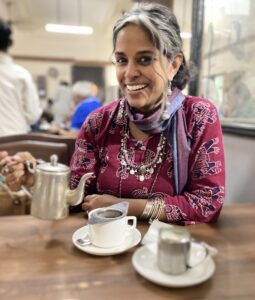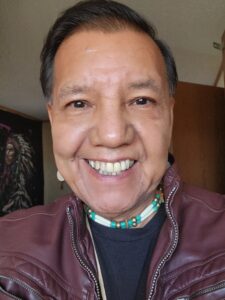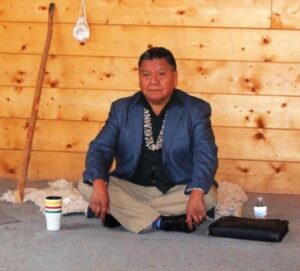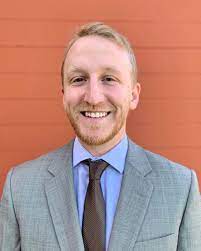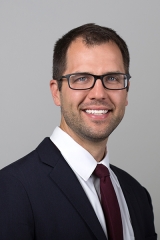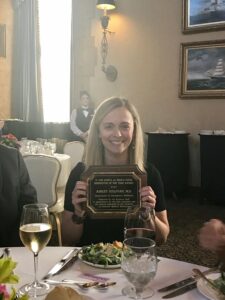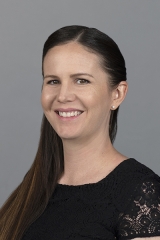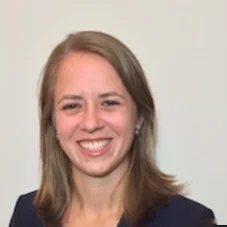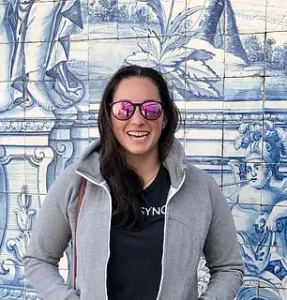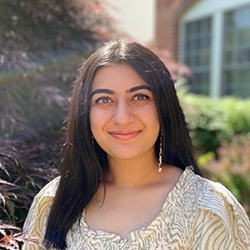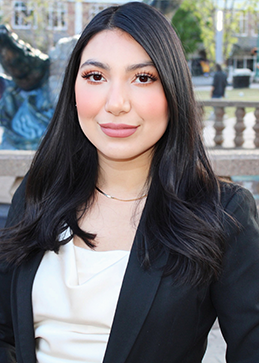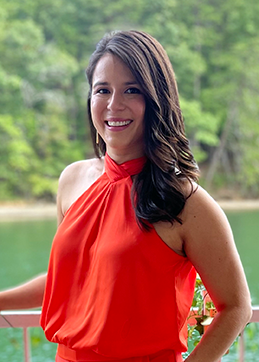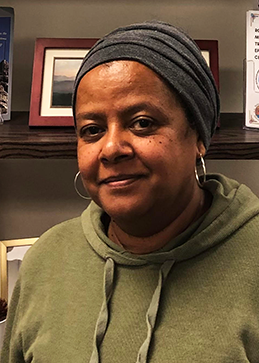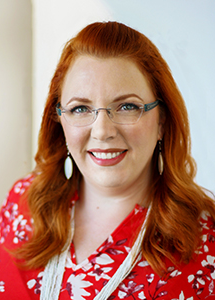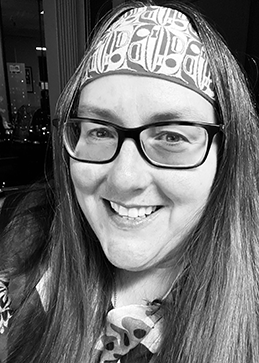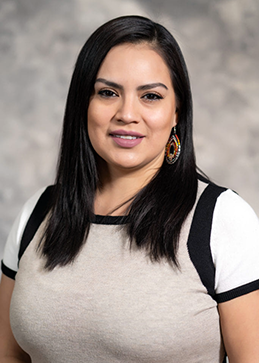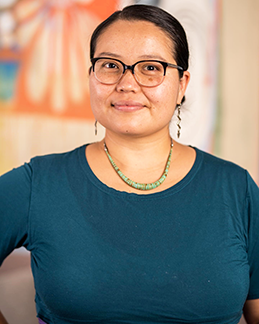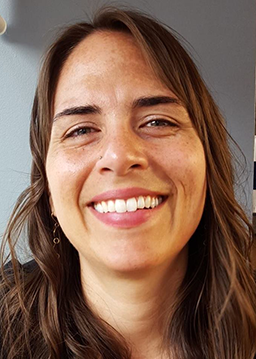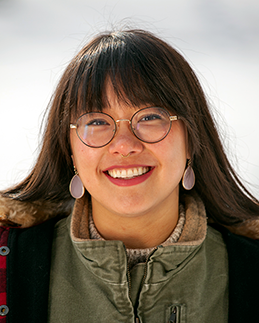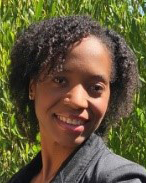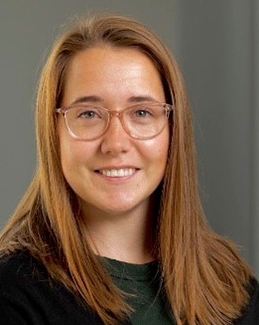
In 2019, the Oklahoma City Indian Clinic was recognized as an LGBTQ Healthcare Equality Leader by the Human Rights Campaign Foundation- a designation provided to just one other health care facility in the state. In late July 2020 Indian Country ECHO spoke with Monica McKee, Director of Patient Services, Misty Gillespie, Director of Behavioral Health, and Lisa Toahty, Prevention Specialist, to learn about the clinic’s journey to becoming a national model for gender-affirming healthcare.
The clinic’s journey began in response to the 2018 Healthcare Equality Index, an annual report produced by the Human Rights Campaign (HRC). Each year, the HRC analyzes and scores the policies and practices of hundreds of healthcare facilities on how they treat and affirm LGBTQ patients. Clinics earn points based on categories such as staff training on LGBTQ centered care and inclusive policies that reduce health disparities and increase access for LGBTQ patients. As Monica McKee poured over the 2018 HRC report, she recognized an opportunity.
She explained, “I realized we had a glaring need to better serve our LGBTQ patients. However, in 2018 we couldn’t quantify the need, because we didn’t know our patients’ preferences. We didn’t know our patients’ identities, and I knew we could do better.” She had also been getting questions from providers, who were supportive of their transgender patients but were unsure how to best support their needs.
Using the Healthcare Equality Index as a model, staff developed an enhanced care and policy plan. Their plan was also informed by the clinic’s diversity council, which Lisa Toahty sits on, as well as LGBTQ community partner organizations to ensure it was responsive to community needs. After presenting their plan to senior clinic leadership, they were fortunate to have early support and strong buy-in.

Just a year later, the Oklahoma City Indian Clinic scored 100% on the Healthcare Equality Index, the first year they were included in the evaluation. Today, their care includes a team approach for creating individual treatment plans for trans patients. It also includes support groups for trans youth and adults, patient navigators, and intentional staff training to ensure trans and gender non-conforming people are consistently treated with dignity and respect.
To ensure that patients are treated with respect, “All of our front-line staff have gone through training on using inclusive language. We also provide staff ongoing professional development regarding up-to-date treatment and care practices.” said McKee. “Anyone that a patient comes in contact with at our clinic- from the receptionists to our clinicians- needs to be knowledgeable about how to be supportive and inclusive. Our goal is to provide gender-affirming care starting from our first contact with the patient to the time the visit ends.”
Gender-affirming care is essential to support transgender patients, who often face discrimination when trying to access health care. A 2015 survey of 27,715 transgender adults in the U.S. found that one-half of all Indigenous respondents reported at least one negative experience with a healthcare provider in the past year due to their gender identity. Negative experiences reported ranged from a provider asking invasive or unnecessary questions about the patient’s gender status to abusive language, harassment, and physical assault. And this poor treatment by providers impacts trans peoples’ access to care. In the same study, 37% of Indigenous respondents said that they opted not to visit a medical provider in the past year because they feared being disrespected or mistreated as a transgender person.
To combat this discrimination, clinics like the Oklahoma City Indian Clinic, have shifted to offer services like gender-affirming surgery or hormone treatment. Clinics are also taking measures to ensure that patients are referred to by their preferred names and correct gender pronouns, and that they are welcomed and supported by their healthcare providers who provide them with the highest quality of care.
One of the key components of the Oklahoma City Indian Center’s gender-affirming care is a transgender treatment team that works together to create patient-specific treatment plans. For example, if a behavioral health clinician providing care to a trans patient needs extra support, the clinician may present the patient case to a team of providers that includes dental providers and others who can help enhance the patient’s care plan. This team approach yields more integrated and less siloed care, which often results in better patient outcomes.
Though the clinic has expanded their support of trans patients rapidly in the past year, McKee, Gillespie, and Toahty all noted that the clinic has long been involved in the LGBTQ community. For years, Lisa Toahty and other outreach staff were present in the community, providing education and HIV testing at LGBTQ focused events throughout Oklahoma City. This meant that when they proposed changes to the clinic to better support trans and gender-affirming patients, they already had the connections within the community and the support of their clinic leadership, which eased their transition and ameliorated growing pains.

The clinic is eager to continue to expand services for patients. For instance, they hope to offer testosterone in-house, so that they can dispense it at no cost to patients. They also aim to start a family support group for people whose children or loved ones are trans or gender non-conforming.
For clinics and clinicians seeking to expand their trans and gender-affirming care offerings, consider joining Indian Country ECHO’s Trans and Gender-Affirming Care TeleECHO Clinics, where you can join a community of clinicians learning from champion providers and from peers through case presentations and brief didactics. For additional information contact, Morgan Thomas, 2SLGBTQ+ Outreach Coordinator, at mthomas@npaihb.org.
For gender-affirming print materials you can use in your clinic, visit the Northwest Portland Area Indian Health Board’s page containing a wide variety of Two Spirit and LGBTQ+ Resources for Providers.
